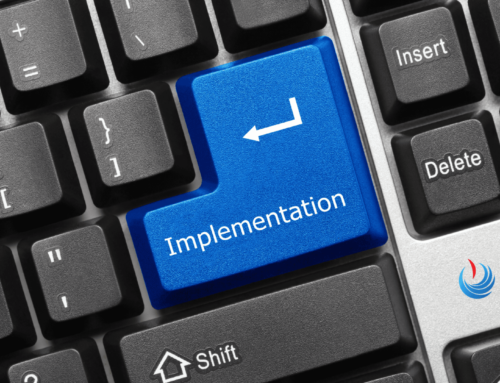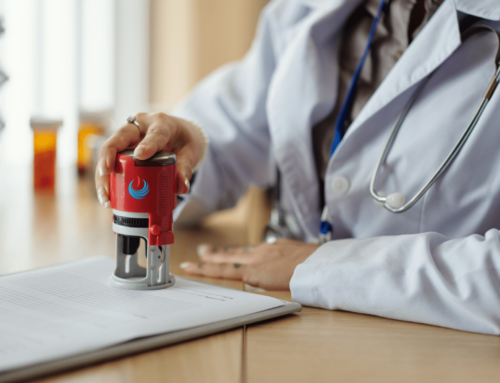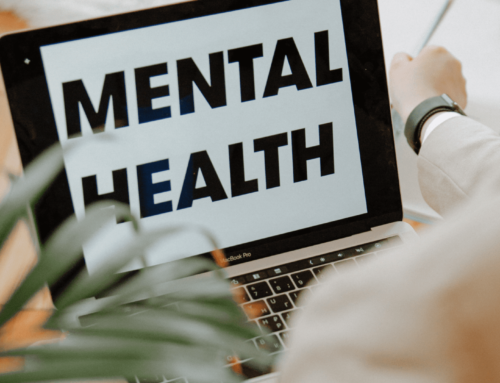In a bid to combat mental health crises, the Federal Communications Commission (FCC) has developed a three-digit dialing code to connect callers to a national suicide prevention hotline. We have all learned since childhood to call 911 for immediate assistance in the event of a fire or health emergency, but 988 is now intended to be a resource for mental health emergencies, suicide prevention, and other urgent situations.
What can you do to assist those who are in a mental health crisis? Discover everything you need to know about this new lifesaving hotline.
What exactly is the 988 Suicide and Crisis Lifeline?
This new suicide prevention number and crisis line provides free, confidential support to anyone experiencing mental distress. Calling 911 is the instinctive reaction when you smell smoke and calling 988 will hopefully soon become an instinctive response in mental health emergencies. By calling the 988 hotline, those in need of mental health care will be able to access the more specialized assistance they need because their operators are trained and prepared for mental health emergencies.
What is it’s significance?
It might be helpful for you to keep in mind a few things about the new number and the resources it offers as you spread the word. Even if you don’t think you will need it, someone you care about could. You can also call the number on someone else’s behalf. You can seek out support and useful information if a loved one has stated a desire to harm oneself or is going through a mental health crisis.
Beyond helping people avoid suicide, 988 provides support that is beneficial for any type of mental discomfort, including substance abuse. A strong, nationwide crisis care response system that connects callers to community-based providers for a full spectrum of crisis care services as well as tools and resources to help prevent future crises is the long-term goal of 988.
You can contribute to eradicating the stigma associated with these difficulties by spreading supportive messages about mental health. Share articles and resources that are useful. As you observe individuals around you going through difficulties, encourage them to seek professional assistance if necessary. Let them know they are not by themselves. When someone close to you is struggling and needs assistance, even just talking about it can help.
Written by Marina Malobabic for www.MedEZ.com








Leave A Comment
You must be logged in to post a comment.